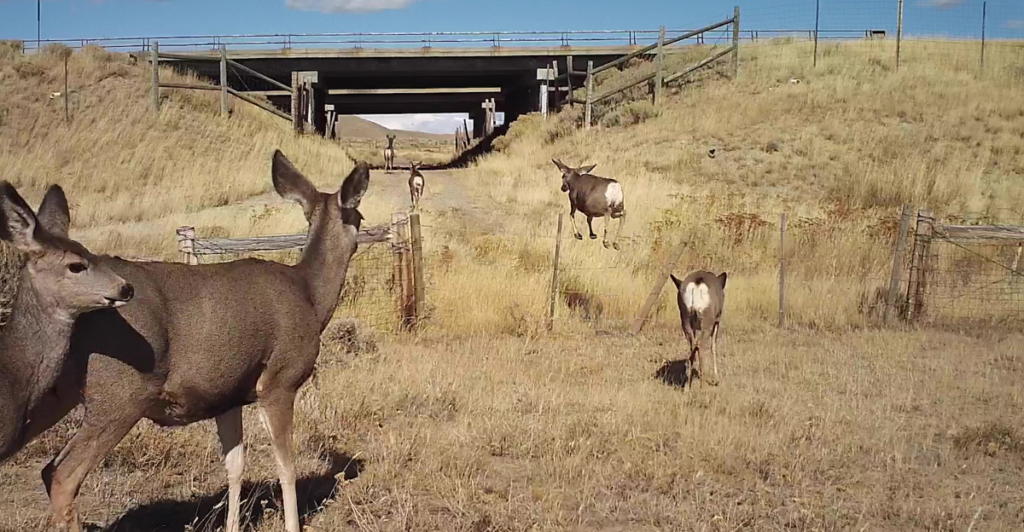
Ecological empathy, or eco-empathy, is the ability to share and empathize with nature’s emotional life, including animal empathy, plant empathy, ecosystem empathy, and Earth empathy. It is essential in enhancing one’s connection with nature and promoting environmental protection. Through the exploration of ecological empathy, we can discover new paths toward sustainability and environmental care.
The Evolution of Empathy in Human History

The concept of empathy has evolved significantly since its introduction in the English language in 1908. From German philosophy to its current applications in psychology and ecology, it aids in understanding human relationships with both other humans and the natural world. Ecological empathy is understanding the interconnectedness of humans and nature, which can foster sustainable practices.
Historical Context of Human-Nature Relationships

Historically, Western cultures have seen humans as separate from nature, often leading to exploitative behaviors that diminish ecosystems and increase environmental degradation and biodiversity loss. However, ingenious cultures openly appreciate the interconnectedness of all life, exercising stewardship through ecological empathy. Edward O. Wilson’s biophilia hypothesis suggests that we inherently love nature, which promotes a deeper connection with the natural world.
The Science Behind Empathy and Sustainability

Empathy enriches intellectual growth by blending emotional awareness and rational thinking while refining reason and problem-solving to foster open-mindedness. Empathy facilitates reflective, moral decision-making by continuing to share this combination of intellect and emotion. This can be seen in nature as a deep connection with wildlife and ecosystems, which often prompts us to modify our behaviors to include more sustainable and eco-friendly methods.
Components of Ecological Empathy

Ecological empathy contains two primary subcomponents: comprehending intricate interdependence between species and ecosystems, and valuing how human activities influence these interdependencies, and viewing Earth’s systems from a global perspective, considering the inherent worth in every manner of life, and considering their perspectives when making decisions. With these components, we can help protect the earth and all its living creatures.
Gains from Encouraging Ecological Empathy

Ecological empathy has several advantages for humans and nature. Encouraging ecological empathy can increase environmental stewardship, improve mental and physical well-being, and build resilient communities. Individuals attached to nature are more likely to engage in activities that protect it, helping to reduce stress, improve overall mood and health, and foster communities that advocate for more sustainable habits.
Can Empathy Be a Double-Edged Sword?

While empathy is generally seen as positive, some argue that excessive empathy can lead to emotional exhaustion or decreased motivation if not balanced with action. This challenges traditional ideas that more empathy always leads to better outcomes and suggests that a balanced approach is perhaps necessary and more beneficial for both humans and nature.
Ecological Empathy in Urban Areas

Incorporating ecological empathy in urban planning can result in green infrastructure, which sees cities built with large green spaces, such as parks and green roofs, to enhance biodiversity and provide residents with proximity to nature. Another aspect is sustainable transportation, where walking, cycling, and public transport are prompted to reduce carbon emissions and encourage a greater sense of connection to the environment.
Policy Implications of Ecological Empathy

Ecological empathy-based policies can lead to stronger environmental regulations that protect natural habitats and endangered species, climate change mitigation to reduce greenhouse gas emissions and promote renewable energy sources, and equitable resource distribution where every community has access to clean air, water, and parks, addressing problems of environmental justice.
Ecological Empathy in Action

In some Indigenous cultures, ecological empathy is deeply ingrained. The Native American concept of “Mitakuye Oyasin” (we are all related) suggests that humans are a part of, not separate from, the natural world. We can apply this thinking in urban settings, for example, where overpasses and underpasses are designed to facilitate safe animal migration across highways, demonstrating respect for wildlife needs.
Challenges in Developing Ecological Empathy

Urbanization is a challenge to developing ecological empathy. We are increasingly reducing our daily exposure to nature in our expanding cities, actively disconnecting us from the natural world. Further, our advancing technologies are beginning to restrict outdoor activities and, subsequently, our empathy towards nature. As we continue to build more and more cities and make more and more technological advancements, we begin to foster cultural attitudes that prioritize economic growth over the environment.
Strategies to Overcome Challenges

To overcome such challenges, we need to work to increase our access to nature by developing green spaces, encouraging less screen time and more outdoor time to re-establish people’s connection with nature, and changing our cultural narratives and values by placing the necessity of living in harmony with nature above all else.
The Future of Ecological Empathy

The interconnectedness of all life highlights the importance of nature in human well-being and environmental conservation. As we face increasing environmental challenges, cultivating ecological empathy offers a promising path forward in reducing pollution and its negative effects on the planet and wildlife. By recognizing our interconnectedness with nature, we can inspire a new generation of environmental warriors who work towards a more sustainable future.
Explore more of our trending stories and hit Follow to keep them coming to your feed!

Don’t miss out on more stories like this! Hit the Follow button at the top of this article to stay updated with the latest news. Share your thoughts in the comments—we’d love to hear from you!







